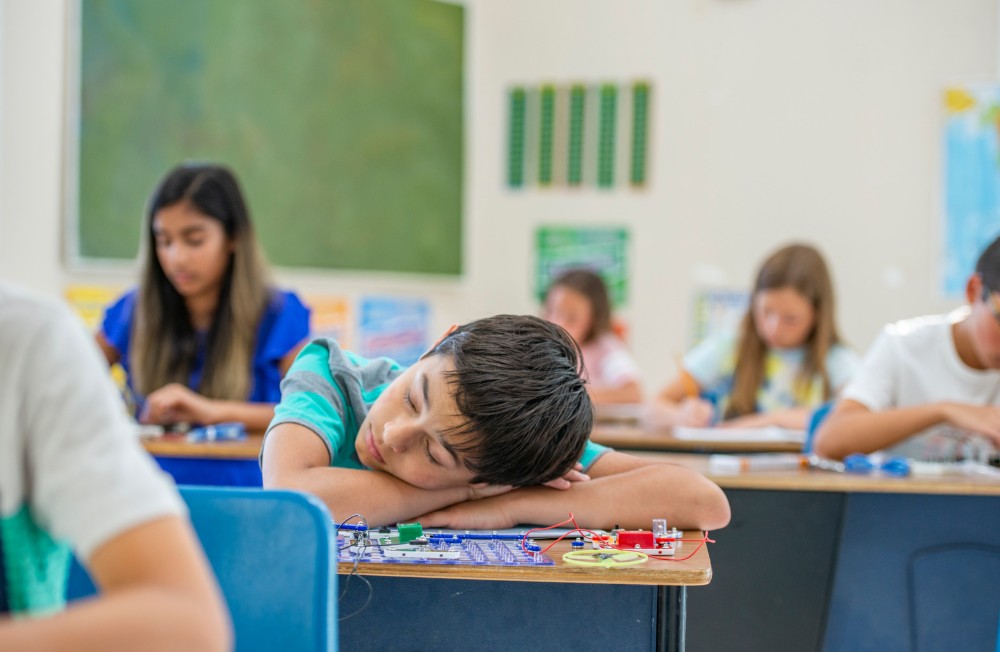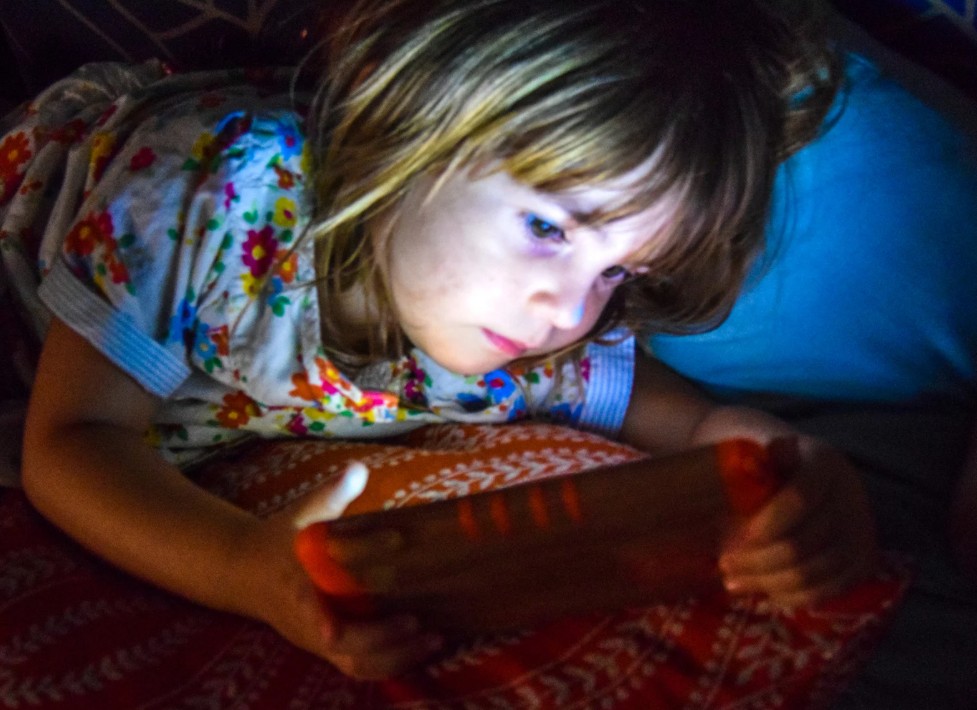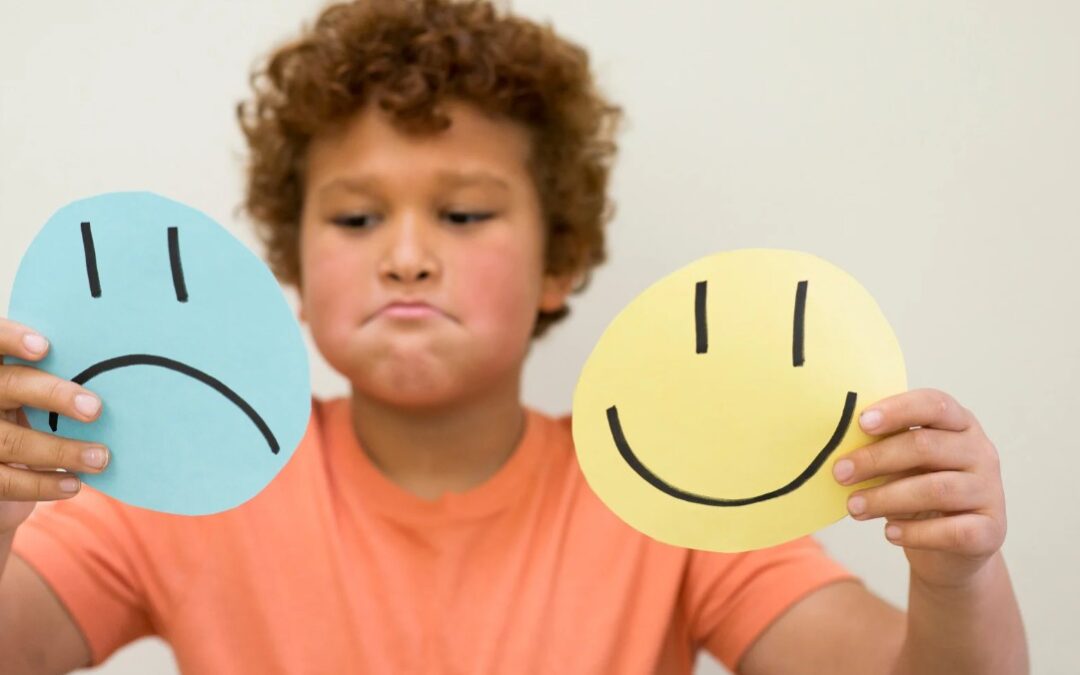
In an era where screens are abundant, parents are increasingly concerned about how devices affect their children’s sleep.
Poor sleep can impact mood, focus, and overall health, making it a critical issue for child development. Supported by scientific research, this blog explores the psychological effects of screen time on sleep and offers parents compassionate, practical strategies to promote healthier sleep habits.
Screens emit blue light, which disrupts the body’s production of melatonin, the hormone that regulates sleep.
Studies have found that children exposed to screens before bedtime took longer to fall asleep and experienced poorer sleep quality. For growing children, whose brains rely on sleep for emotional regulation and cognitive development, this disruption can lead to irritability, difficulty concentrating, and even anxiety.
Screen content also plays a role.
Engaging or stimulating activities, like gaming or social media scrolling, activate the brain’s reward system, making it harder to wind down. A recent study found that children who used interactive media (e.g., video games) before bed had shorter sleep durations compared to those engaging in passive activities, like reading. For parents, this highlights the importance of monitoring not just screen time but the type of content consumed.

The psychological pull of screens can also create bedtime resistance.
Children may feel anxious about missing out on social media updates or game progress, a phenomenon linked to “fear of missing out” (FOMO). FOMO from social media has been linked to delayed bedtimes and increased daytime fatigue in children. This cycle can strain parent-child relationships as bedtime battles escalate.
Parents can take proactive steps to mitigate these effects.
Creating a screen-free bedtime routine is key. Research suggests that removing screens at least one hour before bed improves sleep onset and quality. Replacing screens with calming activities, like reading or listening to soft music, signals to the brain that it’s time to rest. Parents can model this behavior by limiting their own evening screen use, fostering a family-wide wind-down culture.
Setting boundaries is essential but can feel challenging, especially with older children.
Studies have found that consistent bedtime routines, including device curfews, improved sleep outcomes across age groups. Parents can involve children in creating these rules, such as charging devices outside bedrooms, to encourage buy-in. For younger children, using tools like blue-light filters or “night mode” settings can reduce some impacts if screen use is unavoidable.
Empathy is crucial—children may resist changes, but parents can validate their feelings while explaining the benefits of better sleep. Community resources, like pediatricians or sleep workshops, can offer additional guidance.
In conclusion, excessive screen time can disrupt children’s sleep, affecting their emotional and cognitive health.
By establishing screen-free routines, setting boundaries, and fostering open communication, parents can help their children achieve restful sleep, supporting their overall well-being in a digital age.
Please reach out to our team at Orchard Mental Health Group to schedule an appointment to further explore this challenge.
Follow us for more wellness content!
More Blog Posts

Building Resilience in Children Facing Academic Pressure
Academic pressure is a growing concern for parents, as children face high expectations from schools, peers, and even themselves. Building resilience—the ability to adapt and thrive despite setbacks—is crucial for children to navigate these demands without sacrificing mental health. Grounded in psychological research, this blog offers parents practical, empathic ways to foster resilience in their children.

Supporting Children’s Emotional Regulation in a Fast-Paced World
Emotional regulation—the ability to recognize, process, and respond to feelings appropriately—is critical for mental health and social success. For parents, understanding how to support this skill is vital.

The Healing Power of Nature for Neurodivergent Children
For neurodivergent children—those with conditions like autism, ADHD, or sensory processing disorders—the world can feel overwhelming, with sensory overload, social challenges, and emotional regulation often posing daily hurdles. Emerging research highlights nature as a powerful ally in supporting their well-being, offering a calming, inclusive environment that fosters growth and resilience.
In crisis or need immediate help?
Call 988 or go to your nearest ER.
Services
Adolescent Psychotherapy
Adult Psychotherapy
Assessments & Evaluation
Child Psychotherapy
Cognitive Behavioral Therapy
Couples Therapy
Family Therapy & Parent Coaching
Genetic Testing
Group Therapy
Medication Management
Play Therapy
Single-Session Therapy
Teletherapy
Orchard Mental Health Group
Accepted Insurance*
Aetna
Carefirst / Blue Cross Blue Shield
Cigna
Humana / Tricare
Johns Hopkins Health Plans
Medicaid
Medicare
Optum / UnitedHealthcare
*Varies by service
Partner Resources
Contact Us
M-F, 9am-5pm Eastern Time
Phone: 240-750-6467
Fax: 240-912-7835
contact@orchardmentalhealth.com
9707 Key West Avenue, Suite #100 Rockville, MD 20850


